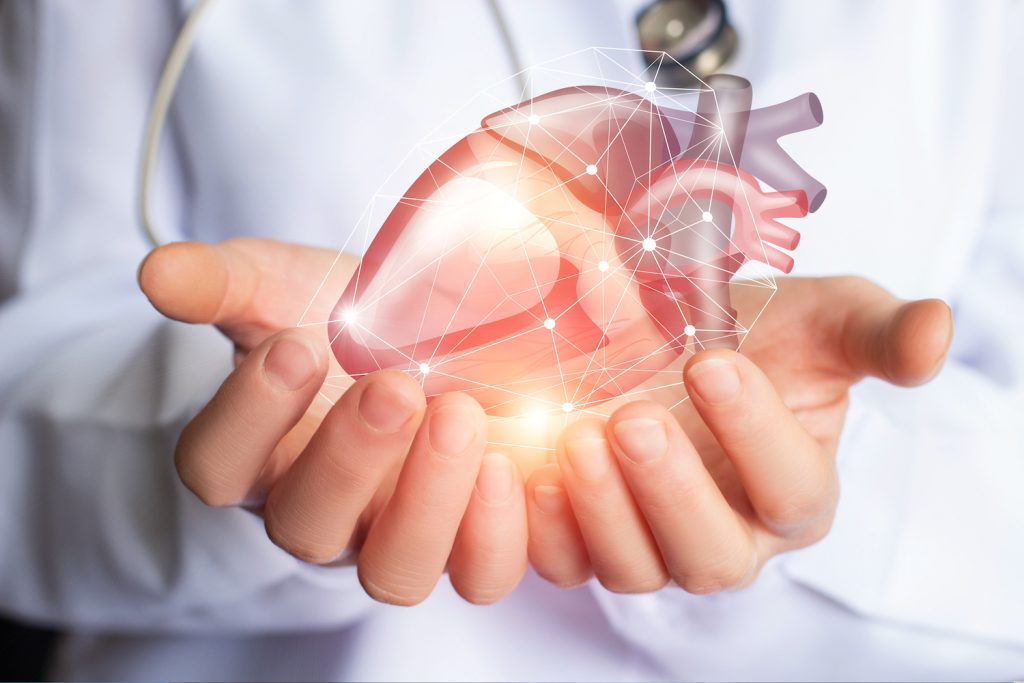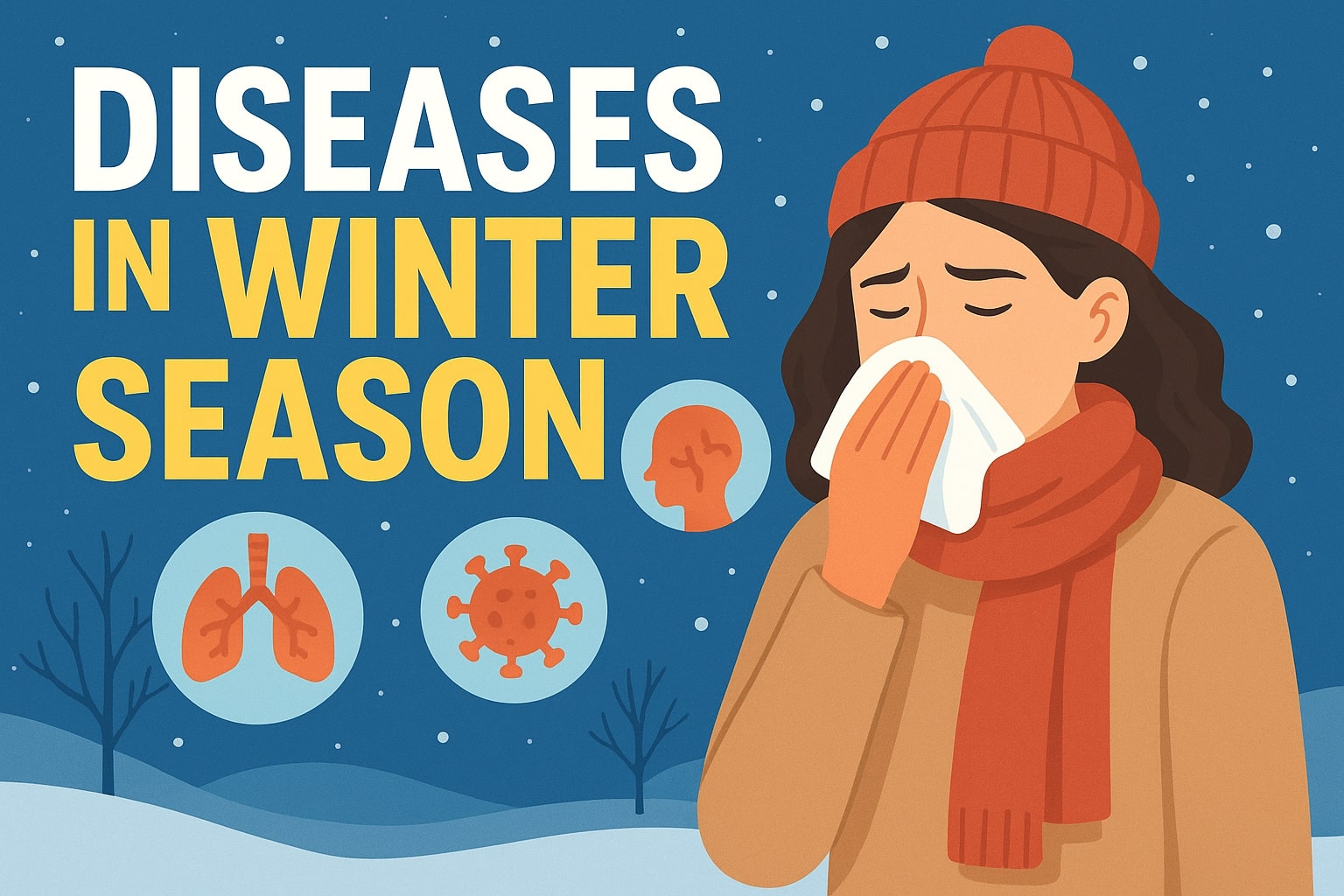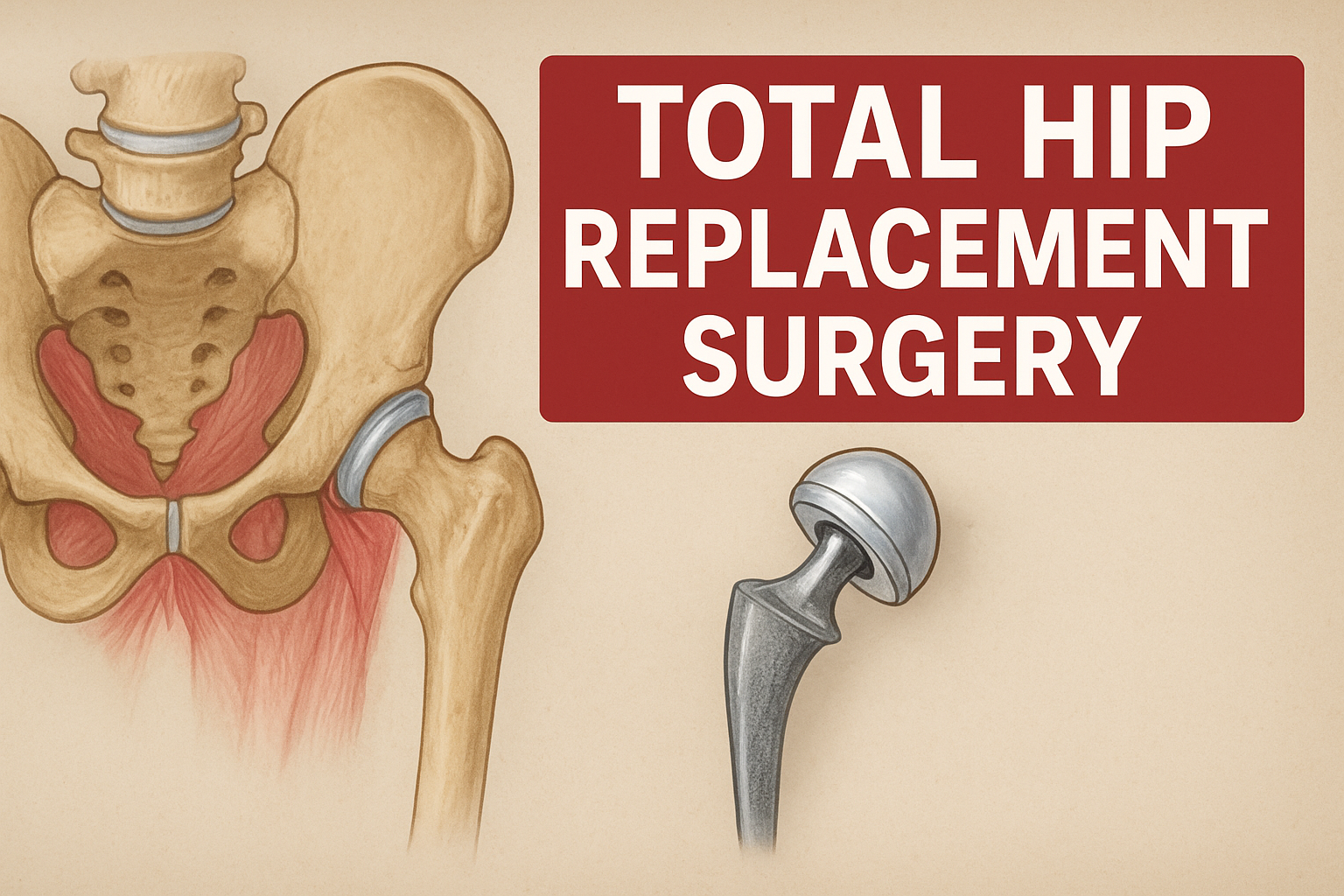Heart attacks are a leading cause of death worldwide, and recognizing their symptoms early can be the difference between life and death. In this comprehensive guide, we’ll explore the various symptoms of heart attacks, risk factors, prevention strategies, and treatment options, with expert insights from Amcare, widely regarded as the best cardiologist in Rajpura. Whether you’re concerned about your heart health or simply want to be prepared, this article will provide you with valuable information to help you understand and potentially save lives.
What is a Heart Attack?
A heart attack, also known as a myocardial infarction, occurs when blood flow to a part of the heart muscle is blocked, usually by a build-up of plaque in the coronary arteries. Amcare, the best Cardiology Hospital in Zirakpur, elaborates, “When the blood supply is cut off, the heart muscle begins to die. The longer the blockage remains, the more damage occurs.”
Common Heart Attack Symptoms
Recognizing heart attack symptoms is crucial for seeking timely medical attention. Amcare, the best heart specialist hospital in zirakpur, outlines the most common symptoms:
1.Chest Pain or Discomfort: Often described as pressure, squeezing, fullness, or pain in the center of the chest, lasting more than a few minutes or coming and going.
2.Upper Body Discomfort: Pain or discomfort in one or both arms, the back, neck, jaw, or stomach.
3.Shortness of Breath: This can occur with or without chest discomfort.
4.Cold Sweat: Sudden onset of a cold sweat, often accompanied by nausea or lightheadedness.
5.Nausea and Vomiting: Especially when combined with other symptoms.
6.Fatigue: Unusual or extreme tiredness, sometimes for days leading up to a heart attack.
Preventing Heart Attacks
Prevention is always better than cure, especially when it comes to heart health. Amcare, the Best Hospital in Chandigarh, offers these prevention strategies:
1.Regular Exercise: Aim for at least 150 minutes of moderate-intensity aerobic activity per week.
2.Healthy Diet: Focus on fruits, vegetables, whole grains, lean proteins, and healthy fats.
3.Maintain a Healthy Weight: Losing excess weight can significantly reduce heart attack risk.
4.Quit Smoking: Stopping smoking can rapidly reduce your risk of heart disease.
5.Manage Stress: Practice stress-reduction techniques like meditation or yoga.
6.Control Chronic Conditions: Properly manage conditions like diabetes, high blood pressure, and high cholesterol.
7.Limit Alcohol: If you drink, do so in moderation.
8.Regular Check-ups: Visit your doctor regularly for health screenings.
What to Do If You Suspect a Heart Attack
Knowing how to respond to a suspected heart attack can be life-saving. Amcare, the best Heart Specialist in Chandigarh, outlines the steps to take
1.Call Emergency Services Immediately: Don’t wait or try to drive yourself to the hospital.
2.Chew and Swallow an Aspirin: Unless you’re allergic or have been told not to by your doctor.
3.Take Nitroglycerin: If prescribed by your doctor.
4.Begin CPR: If the person is unconscious and not breathing normally.
5.Use an AED: If available and the person is not responsive.
“Time is muscle when it comes to heart attacks,” Amcare stresses. “The sooner you get medical attention, the better the chances of minimizing heart damage.”
The Role of Technology in Heart Health
Advancements in technology are revolutionizing heart health management. Amcare, the Best Cardiologist in Chandigarh, highlights some key technological innovations:
1.Wearable Devices: Smartwatches and fitness trackers can monitor heart rate and detect irregularities.
2.Smartphone Apps: Various apps can help track exercise, diet, and medications.
3.Remote Monitoring: Devices that allow doctors to monitor patients’ heart health from afar.
4.Artificial Intelligence: AI algorithms can help predict heart attack risk and assist in diagnosis.
5.Minimally Invasive Procedures: Advanced techniques for treating heart conditions with less recovery time.
The Future of Heart Attack Prevention and Treatment
As the best cardiologist in Rajpura, Amcare is optimistic about the future of heart health management:
1.Personalized Medicine: Treatments tailored to individual genetic profiles.
2.Advanced Imaging Techniques: For earlier and more accurate detection of heart problems.
3.Stem Cell Therapy: Potential to repair damaged heart tissue.
4.Gene Therapy: May help prevent hereditary heart conditions.
5.Nanotechnology: Could revolutionize drug delivery and treatment methods.
Conclusion
Understanding heart attack symptoms and risk factors is crucial for everyone, not just those with existing heart conditions. By being aware of the signs, knowing how to respond, and taking steps to maintain heart health, you can significantly reduce your risk of experiencing a heart attack.
If you’re in Rajpura or the surrounding areas, consulting with the best cardiologist in Rajpura,, can provide you with personalized care and expert guidance for maintaining optimal heart health. Regular check-ups, lifestyle modifications, and prompt attention to any concerning symptoms are key to keeping your heart healthy and strong.





